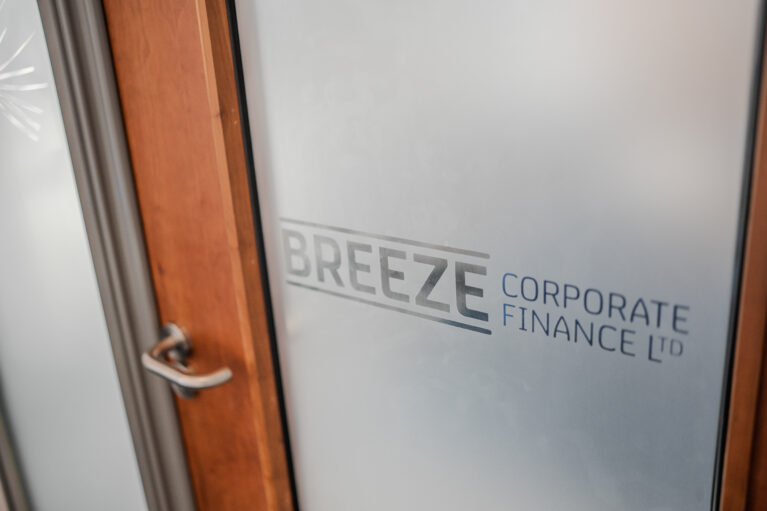
You have just signed Head of Terms following a potentially long process of ensuring your business is ready for sale, marketing your business and talking to interested parties. You have a deal on the table and it feels like you are nearly there. Unfortunately, there are still some final hurdles to clear, including Due Diligence (“DD”). If you are DD ready this can help make the final stages of the process much smoother.
This article focuses on Financial DD, aiming to give you a better understanding and prepare you for the process.
There are many types of due diligence but the key three are Financial, Tax and Legal. Essentially a buyer wants to ensure that the performance of the company is what has been presented and that there are no skeletons in the closet.
It is similar to buying a house. After trawling through Right Move (other providers are available) for months you find your dream home. You make an offer and it is accepted by the seller. However, before completing you will likely have a survey done to ensure the house won’t fall down just after you move in. The survey is like DD, giving the buyer assurance that what they are buying is as it appears.
As mentioned, there are many types of DD and they often run concurrently, all competing for your attention whilst you try to stay on top of the day job. This can be a significant drain on your time so preparing in advance will alleviate this pressure.
It may highlight any issues before the DD team start to look under the bonnet. Being aware of any issues means you can address them and be on the front foot when discussing them with a potential buyer.
You may also discover things you did not know about your business and the value it has.
When preparing for DD you will need to consider who your buyer is, as different buyers will have different focuses.
A Trade buyer may know all about your industry or even your business, possibly making the DD process more straightforward. However, if they require external finance to fund the transaction the lender will want assurances, particularly around the future performance of the target business.
A Private Equity buyer will be focused on the details looking to ensure they are able to achieve an acceptable return on their investment. This often results in deep dive on the historic results to ensure they are paying the right price now as well as an understanding of the future projections to see what value they may get on exit, in 5 or 10 years’ time.
There may also be specific metrics that apply to your business or the industry you operate in e.g. recurring revenues. A buyer is likely to look at this in detail.
Key information you will need regardless of your business or the buyer includes:
This information will likely be required for the last 2-3 years and monthly data is always best, as it allows for stronger analysis of trends. Again, it is best if the month-end procedures are in line with the year-end procedures, so there are no significant year-end adjustments not reflected in the management accounts.
Timeliness of information is vital. The quicker your management accounts are ready the sooner you can address any issues or share positive news. This will help throughout the sale process and not just DD.
It advisable to tidy up any ‘non-business’ transactions that run through the business. Whilst there is nothing wrong with this sort of activity, it is not always looked upon favourably by a buyer. Furthermore, it saves having to answer probing questions about your personal affairs.
You may accuse me of bias but engaging an adviser can be very beneficial. You are an expert in your field of business, but no one expects you to be an expert in selling that business. An adviser’s experience can help guide and support you through what can be a very intense process.
Do be prepared to talk about your business and answer questions (a lot of questions!).
Do be responsive, open, polite and positive.
Do ensure data is accurate and free from error. It is hard to win back confidence once lost.
Do start preparing as early as possible.
Don’t hide significant issues. Proactively address and present issues with solutions.
Don’t share internal workings. Check documents, cleanse and finalise before sharing.
Don’t change the way the business is run based on the offer you receive. Any significant changes (e.g. not paying suppliers to improve cash) will be identified during the DD process.
Don’t take it personally.
1 See our article on ‘How to prepare your business for sale’.
2 See our article on ‘management information’.